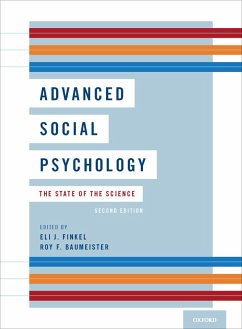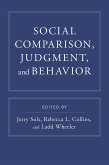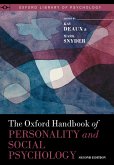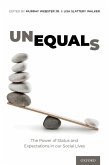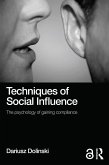Social psychology uses clever, even ingenious, research methods to explore the most essential questions of the human psyche: Why do we help some people and harm others? Why do we pay so much more attention to high-powered people than they pay to us? If humans evolved from great apes, why are human selves so much more elaborate? How does our attachment to our parents when we are infants influence the success or failure of our romantic relationships when we are adults? Can behaving morally "license" us to behave immorally shortly afterward? How do social relationships make us more versus less prone toward physical illness? This volume -- an update to the original, 2010 edition -- provides a graduate-level introduction to social psychology. The target audience consists of first-year graduate students (MA or PhD) in social psychology and related disciplines (marketing, organizational behavior, etc.), although it is also appropriate for upper-level undergraduate courses. The authors are world-renowned leaders on their topic, and they have written state-of-the-art overviews of the discipline's major research domains. The chapters are not only scientifically rigorous, but also accessible and engaging. They convey the joy, excitement, and promise of scientific investigations into human sociality.
Dieser Download kann aus rechtlichen Gründen nur mit Rechnungsadresse in A, B, BG, CY, CZ, D, DK, EW, E, FIN, F, GR, HR, H, IRL, I, LT, L, LR, M, NL, PL, P, R, S, SLO, SK ausgeliefert werden.

